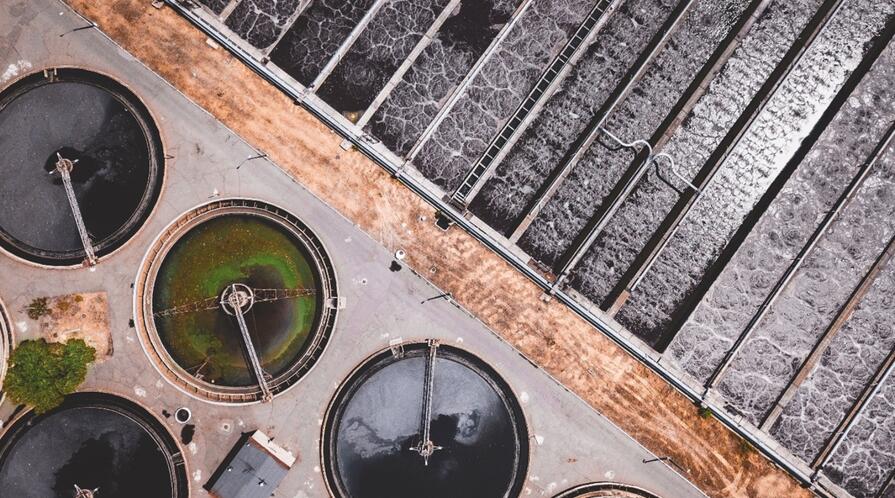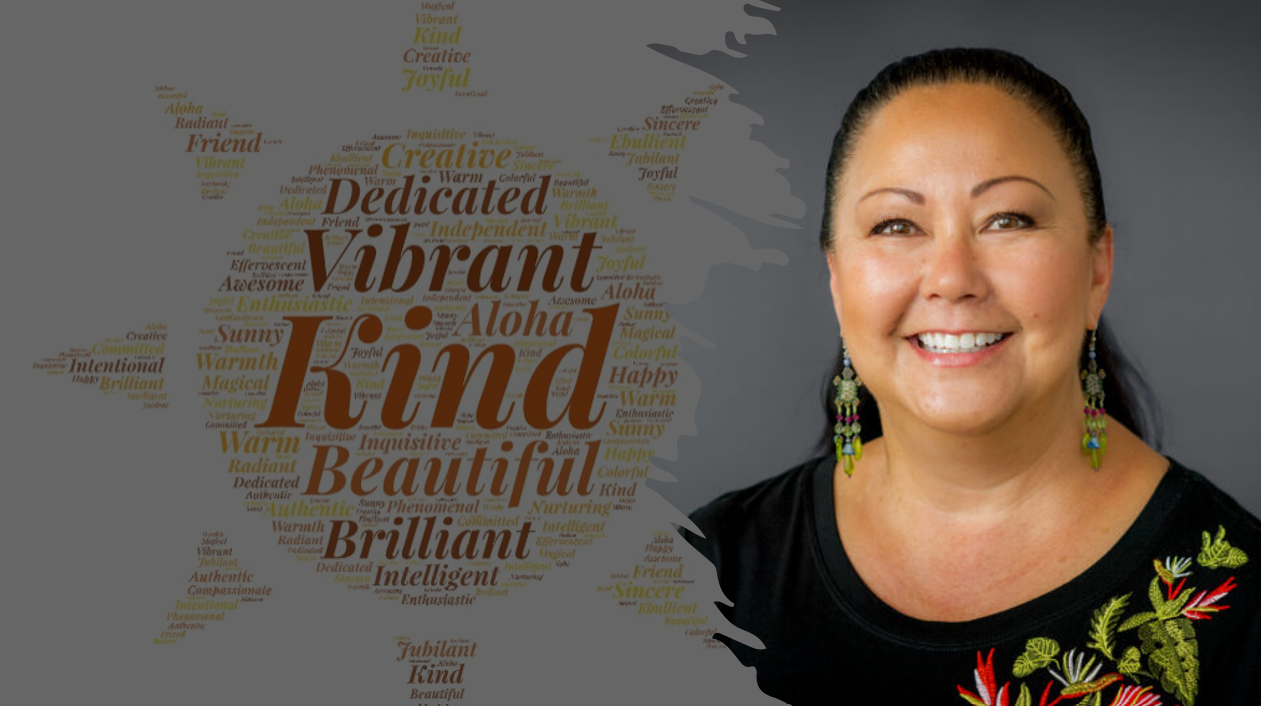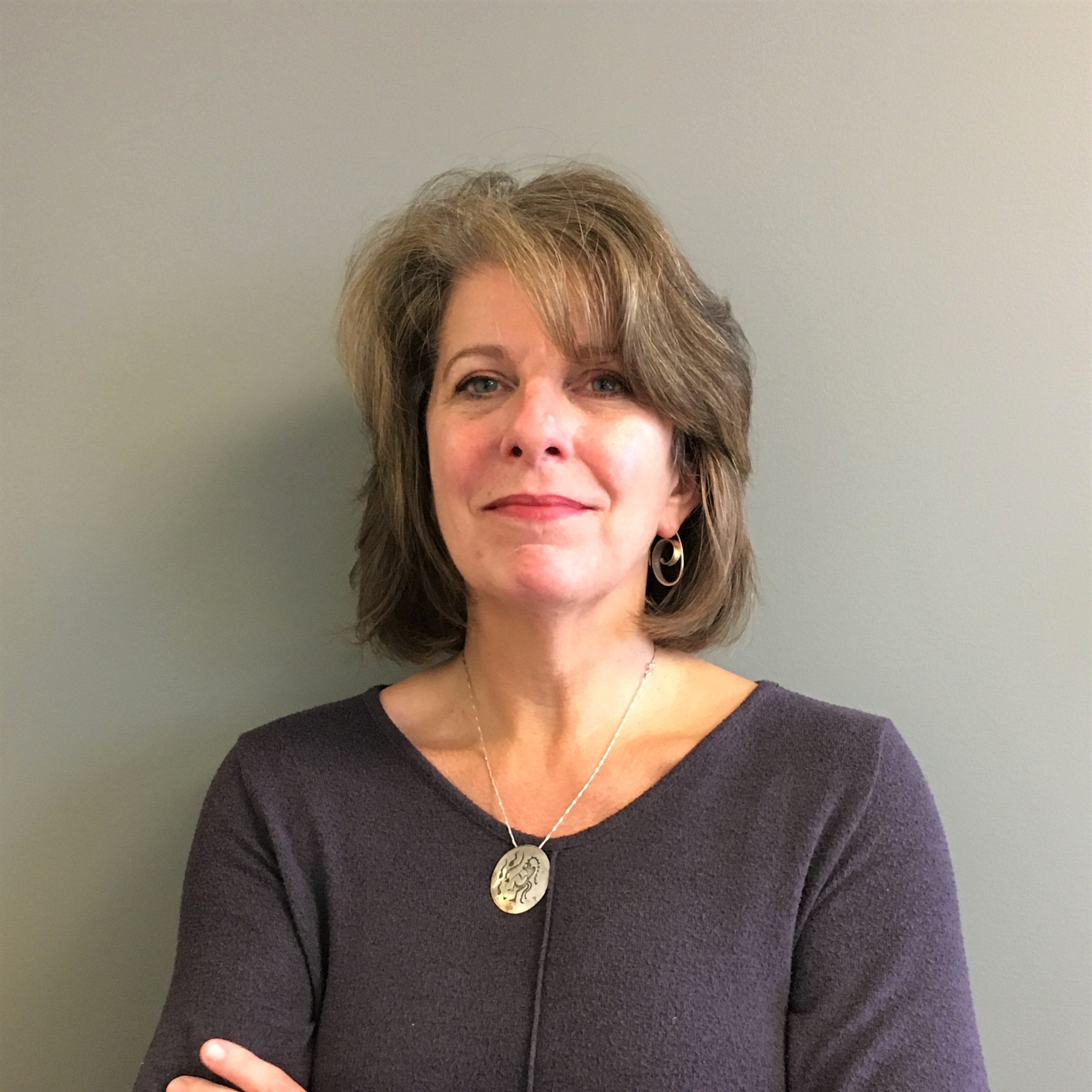
This past June the Washington State Academy of Sciences (WSAS), together with the National Academies of Sciences, Engineering and Medicine (NASEM), convened stakeholders to explore lessons learned from the use of wastewater-based surveillance for COVID-19 in Washington State. The meeting was facilitated by NASEM’s Societal Experts Action Network (SEAN), which brings the knowledge of leading experts in the social, behavioral, and economic sciences directly to decision makers.
The meeting was part of a series of activities that are being undertaken by the NASEM Committee on Community Wastewater-based Infectious Disease Surveillance to better understand the opportunities and barriers to increasing the use and utility of wastewater surveillance for the prevention and control of infectious diseases in the United States. This work follows the publication of the committee’s initial report on wastewater-based disease surveillance for public health action. Produced at the request of the Center for Disease Control and Prevention (CDC), the report concluded that community-level wastewater surveillance is a valuable component of the nation’s management of infectious disease outbreaks and lays out a vision for expanding the CDC’s National Wastewater Surveillance System. The second phase of the committee’s work will build on this report, diving deeper into the characteristics of a national system, describing any research needed, and identifying resources to support wastewater surveillance.
“Convenings like this one provide an important opportunity to hear directly from local stakeholders,” said Guy Palmer, committee chair, former WSAS president, and Regents Professor of pathology and infectious diseases at Washington State University (WSU). “Stakeholders on the ground know best what worked and what didn’t – learning from their experiences will help inform a truly sustainable wastewater surveillance system.”
“This type of collaboration with NASEM is new for WSAS, and one that we are particularly excited about,” said John Roll, current WSAS president and Professor and Vice Dean for Research, at WSU’s Elson S. Floyd College of Medicine. “We believe state academies like ours can serve as key conduits to bring information from the national level and apply it within the state context and vice versa, gathering information at the state level and using it to inform national recommendations.”
Wastewater-based surveillance systems – originally developed to understand polio transmission in a population – detect and quantify the presence of pathogen biomarkers, usually microbial DNA or RNA, that are shed in the feces of infected persons into a municipal sewer system. Sampling and analysis at wastewater treatment plants provides aggregate data from the homes, businesses and other institutions that feed into a common sewer system. Wastewater data can be used by public health officials to better understand where the virus is circulating, the levels and relative proportions of known variants, and screen for emerging variants.
The meeting included several interactive discussions such as how to best support local participation in wastewater surveillance and how to expand the use and usefulness of wastewater-based epidemiology. Participants examined the challenges hindering effective implementation of wastewater surveillance systems locally and identified potential strategies to mitigate these challenges. They also discussed how to leverage wastewater surveillance systems set up for COVID-19 for future infectious disease outbreaks, what are the resources needed to sustain these systems, and where additional collaboration may be needed to advance wastewater surveillance.
Meeting participants included members of the NASEM Committee on community wastewater-based infectious disease surveillance, health officers, epidemiologists, and project managers from the WA State Department of Health, Washington Wastewater-Based Epidemiology (WAWBE) program, and WA county public health departments (including Tacoma-Pierce, Spokane, Kittias, King, Grant, Island, Mason and Whatcom counties), wastewater engineers, and infectious disease researchers from the University of Washington and Washington State University.
Learn more about the Committee on Community Wastewater-based Infectious Disease Surveillance here.
Related Posts
June 25, 2024
On March 27, 2024, WSAS hosted a lecture in honor of the late Dr. Ka'imi Sinclair as part of its broader effort to work in collaboration with, and support the science and technology needs of, Native American tribes in Washington State.
June 10, 2024
After seven years of leading the Washington State Academy of Sciences through unprecedented growth, Gerardi Riordan is stepping down as Executive Director in November.
May 12, 2024
2024 AJAS Delegate Kosha Upadhyay is one of 5 students from Washington State selected as a presidential scholar, one of the nation’s highest honors for high school students.


